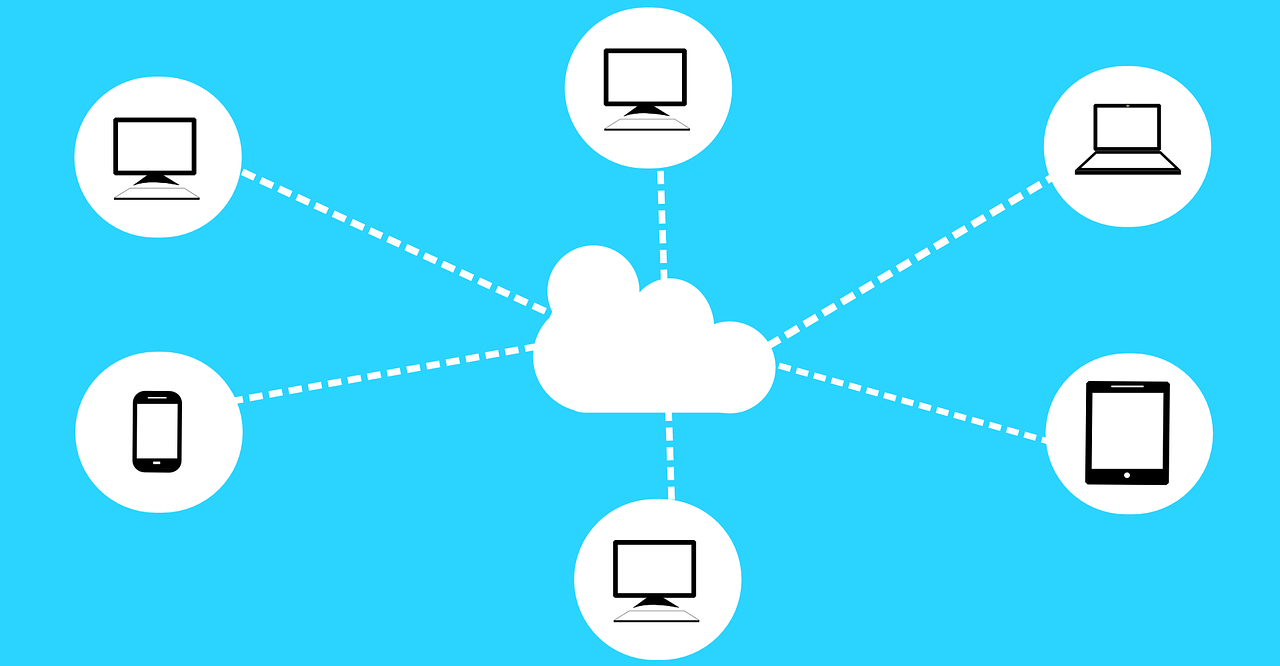Understanding Cloud Backup Security
As we move closer to 2025, the conversation around cloud backup security becomes increasingly critical. Businesses and individuals alike are relying on cloud services for their data storage needs. However, with this reliance comes a heightened need for understanding the security measures that protect sensitive information. So, is cloud backup secure? Let’s delve into the essential aspects of data protection in the cloud.
The Basics of Cloud Backup
Cloud backup refers to the process of transferring data off-site to a remote server maintained by a third-party provider. This method offers numerous advantages, such as cost-effectiveness, scalability, and easy access to data from anywhere. However, it also raises questions about the security of the data stored in the cloud.
Key Security Features of Cloud Backup
When evaluating the security of cloud backup solutions, there are several features to consider. Here are the most important ones:
- Encryption: Data should be encrypted both at rest and in transit. This means that your data is scrambled before it leaves your device and remains encrypted while stored on the cloud server.
- Multi-Factor Authentication (MFA): This adds an extra layer of security by requiring more than one form of verification before granting access to your data.
- Data Redundancy: A reliable cloud backup service will store your data across multiple locations to ensure it is still accessible in case of a disaster.
- Regular Audits and Compliance: The service provider should undergo regular security audits and comply with industry standards, such as GDPR or HIPAA, which govern data protection.
Potential Risks of Cloud Backup
While cloud backup offers many security features, it is not without risks. Here are some potential vulnerabilities to consider:
- Data Breaches: Cyberattacks can lead to unauthorized access to sensitive data stored in the cloud. A data breach can have severe consequences for businesses and individuals alike.
- Vendor Lock-in: Relying too heavily on a single cloud provider can make it difficult to switch services, especially if the provider suffers a breach or goes out of business.
- Compliance Risks: Organizations must ensure that their cloud provider complies with relevant data protection regulations. Non-compliance can result in hefty fines and legal issues.
What to Look for in a Cloud Backup Provider
Choosing the right cloud backup provider is crucial for ensuring the security of your data. Here are some factors to keep in mind:
- Reputation: Research the provider’s track record for security and reliability. Look for reviews and testimonials from current users.
- Security Certifications: Check if the provider holds any security certifications that validate their commitment to data protection.
- Support and Recovery Options: Ensure that the provider offers robust customer support and simple recovery options in case of data loss.
Future Trends in Cloud Backup Security
As we approach 2025, several trends are emerging in the realm of cloud backup security:
- Artificial Intelligence (AI): AI is increasingly being used to enhance security measures, such as detecting anomalies and predicting potential threats.
- Zero Trust Architecture: This security model requires strict verification for every user trying to access data, regardless of whether they are inside or outside the organization’s network.
- Blockchain Technology: Some providers are exploring blockchain for data integrity, ensuring that stored data remains untampered and secure.
Conclusion: Is Cloud Backup Secure?
In summary, the security of cloud backup solutions is multi-faceted and continually evolving. While cloud backup can be secure, it is essential to choose a provider that prioritizes data protection, employs robust security measures, and stays compliant with regulations. As we move into 2025, being informed about the latest trends and potential risks will empower businesses and individuals to make safer choices about their data storage solutions. By understanding the landscape of cloud backup security, you can better protect your valuable data in an increasingly digital world.
Cloud Backup Security Chart
Below is a simple chart summarizing the key features and risks associated with cloud backup security:
| Aspect | Details |
|---|---|
| Encryption | Data should be encrypted during transfer and while stored. |
| Multi-Factor Authentication | Requires multiple verification methods for access. |
| Data Redundancy | Backups stored in multiple locations for disaster recovery. |
| Data Breaches | Risk of unauthorized access to sensitive information. |
| Vendor Lock-in | Difficulties in switching providers due to dependency. |
By staying informed and vigilant, you can navigate the complexities of cloud backup security and protect your data effectively.

